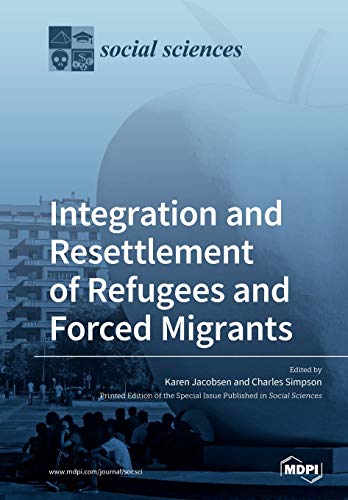

Most ebook files are in PDF format, so you can easily read them using various software such as Foxit Reader or directly on the Google Chrome browser.
Some ebook files are released by publishers in other formats such as .awz, .mobi, .epub, .fb2, etc. You may need to install specific software to read these formats on mobile/PC, such as Calibre.
Please read the tutorial at this link. https://ebooknice.com/page/post?id=faq
We offer FREE conversion to the popular formats you request; however, this may take some time. Therefore, right after payment, please email us, and we will try to provide the service as quickly as possible.
For some exceptional file formats or broken links (if any), please refrain from opening any disputes. Instead, email us first, and we will try to assist within a maximum of 6 hours.
EbookNice Team

Status:
Available5.0
36 reviewsSince 2017, the United States and Europe—among many other refugee-hosting countries—have made significant changes in their refugee policies. New visa restrictions, travel bans, and other regulations were imposed by national governments. At the local level, towns and cities responded in different ways: some resisted national policy by declaring themselves “sanctuary cities”, while others supported exclusionary policies. These different responses influenced refugees’ ability to settle and become integrated. The Refugees in Towns (RIT) project at Tufts University explores local urban integration experiences, drawing on the knowledge and perspectives of refugees and citizens in towns around the world. Since 2017, more than 30 RIT case studies have deepened our local knowledge about the factors that enable or obstruct integration, and the ways in which migrants and hosts co-exist, adapt, and struggle with integration. In this Special Issue, seven articles explore urban integration in towns in Europe (Frankfurt-Rödelheim, Germany; Newcastle, UK; Ambertois, France; Italy’s cities; and Belgrade, Serbia) and in North America: Bhutanese refugee-hosting US cities, and Antigonish, Canada. The papers explore how refugees and citizens interact; the role of officials and politicians in enabling or obstructing integration; the social, economic, and cultural impact of migration; and the ways—inclusive or exclusive—locals have responded.